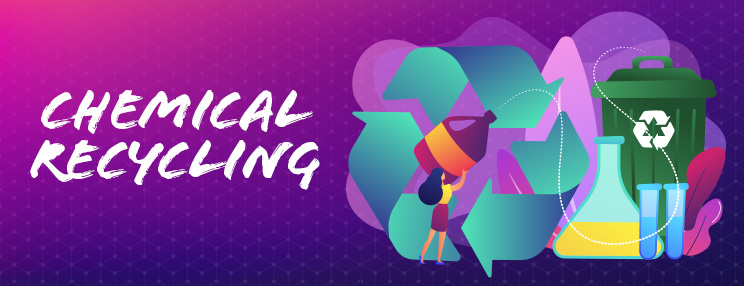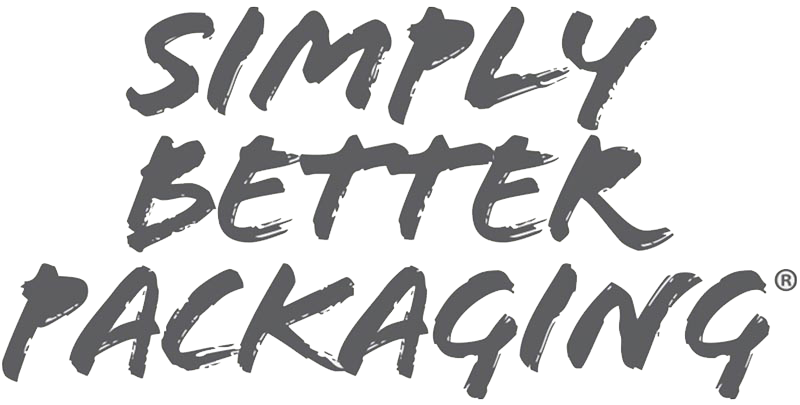Chemical Recycling

Could this be the solution to the plastic pollution problem?
Recycling plastic is a complicated process due to the different kinds of plastic and how they all can’t simply go into a recycling bin. Wouldn’t it be a lot easier if we threw every piece of plastic into a recycling bin and did not have to worry about where it ended up? There is one solution that may be the answer to our recycling issues: chemical recycling. With chemical recycling, we don’t have to worry about looking at the recycling number to know whether or not a piece of plastic goes in the trash since it can all be recycled [1]. More companies have been looking into this as an alternative to mechanical recycling, but what exactly does this entail? Chemical recycling breaks down plastics to their backbone [2]. Plastic contains monomers, which are then chemically bonded to form polymer chains [2]. Chemical recycling breaks those chains down into monomers that can then be formed into new plastic [1]. Not only that, but the end product from chemical recycling can be just as strong as virgin material, which is very appealing to companies [3]. The result of chemical recycling is the decrease in the need for new plastics, making plastics more circular than before [3].
There are three kinds of chemical recycling: solvent purification, chemical depolymerization, and thermal depolymerization [2]. With solvent purification, the plastic dissolves to separate it from other contaminating materials [2]. Chemical depolymerization and thermal depolymerization are similar since they break the polymer into smaller units [2]. Chemical depolymerization uses chemicals to break down the polymer, while thermal depolymerization uses heat [2]. These different forms of chemical recycling are different than mechanical recycling. The mechanical recycling process involves grinding the material into pellets, which melt into new products. This can result in lower-quality new material, which is why mechanical recycling is often referred to as down-cycling [4]. On the other hand, chemical recycling can be seen as “up-cycling” since it can create material that’s the same quality as virgin material [4]. Another advantage to chemical recycling is that chemicals can recycle all forms of plastic, including single-use plastic shopping bags. This could lead to more people recycling as they don’t have to worry about whether or not the plastic is recyclable [4].
Though chemical recycling seems to be the way to go, there are some downfalls as it is a relatively new concept. The process of chemically recycling requires a lot of energy as heat is needed to melt the polymers down to monomers, and then, even more, to make the plastic usable again [4]. Another important aspect is the byproducts that come from chemical recycling and the effects of these byproducts. Certain chemicals that result from chemical recycling can be harmful, which isn’t a concern with mechanical recycling [4]. It is important to note that chemical recycling is still a relatively new concept, so these issues may be no more in the future with research and testing.
Though it is still in the works, chemical recycling may be the answer we’ve been looking for to help reduce plastic waste.
[1] The Center for Accountability in Science | What Is Chemical Recycling? (accountablescience.com)
[2] What is chemical recycling? (greenrosechemistry.com)
ABOUT PLACON
For 55 years, Placon has been a leading designer and manufacturer of custom and stock plastic packaging for the food, medical, and retail markets. Placon has manufacturing operations in Madison, WI; Elkhart, IN; Plymouth, MN; and West Springfield, MA, and currently ranked in Plastics News 2020 Thermoformers Ranking Top 20. Placon delivers packaging breakthroughs that inspire better engagement between people and products with industry leading innovation and award-winning packaging designs. For more information, visit www.placon.com.





